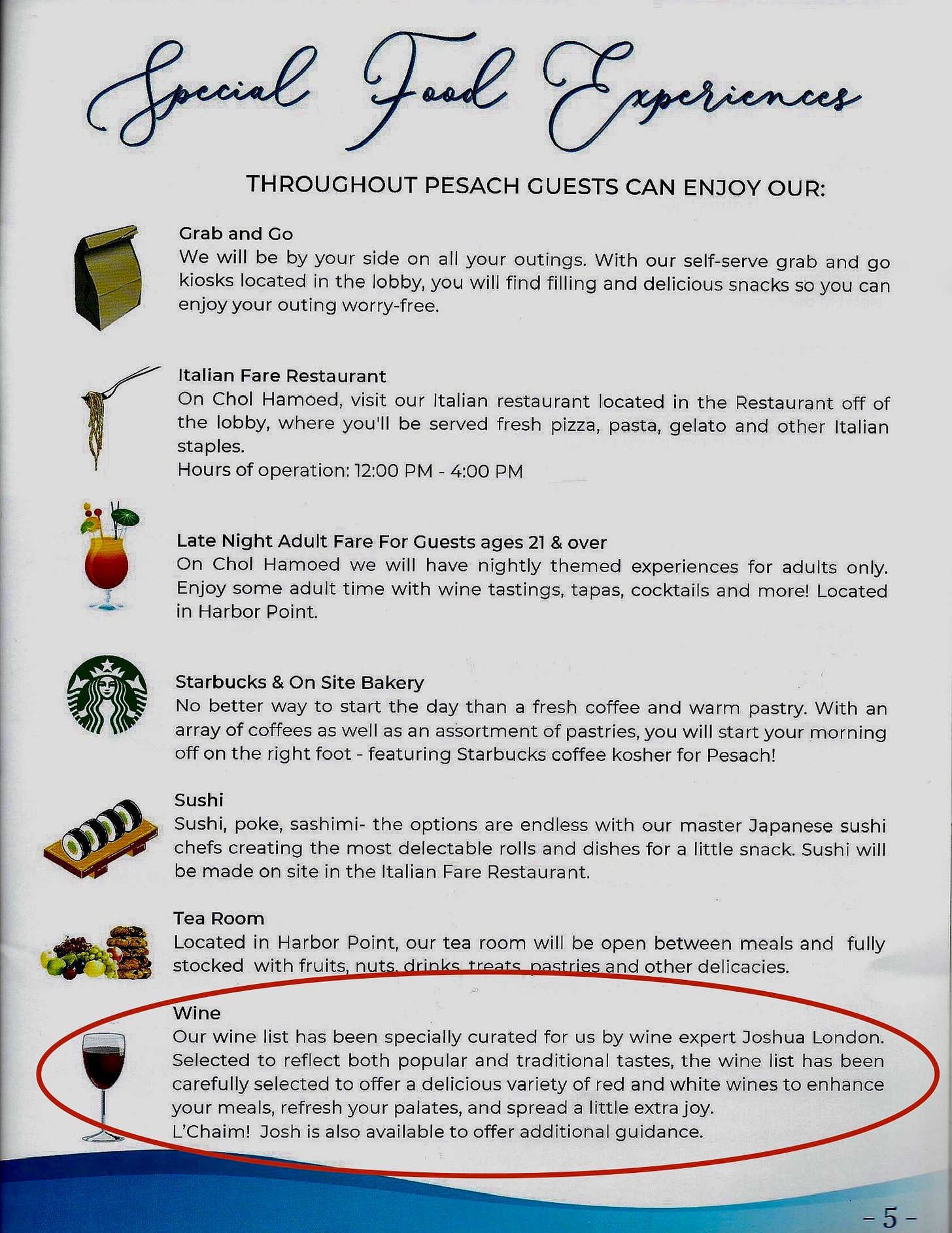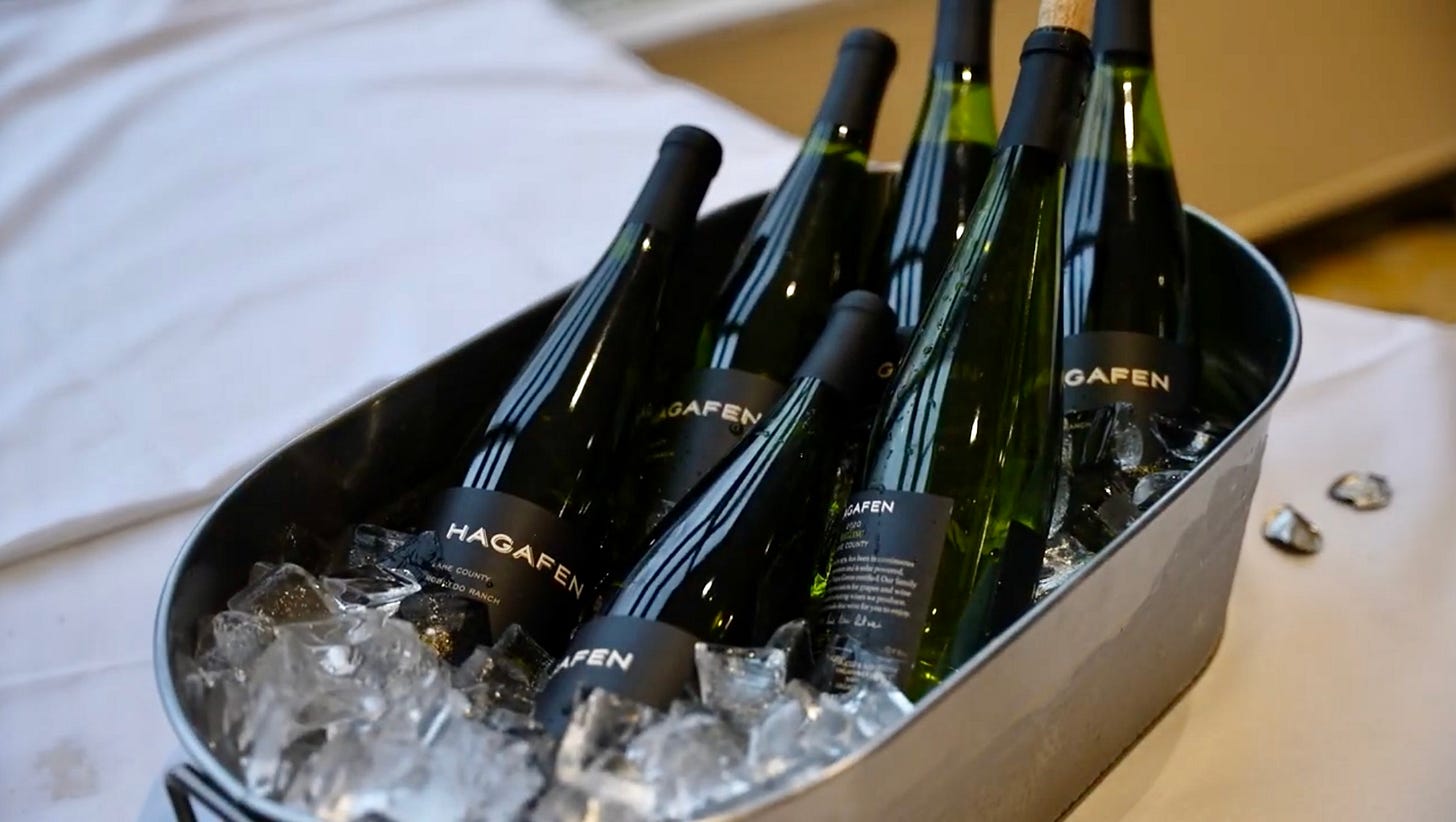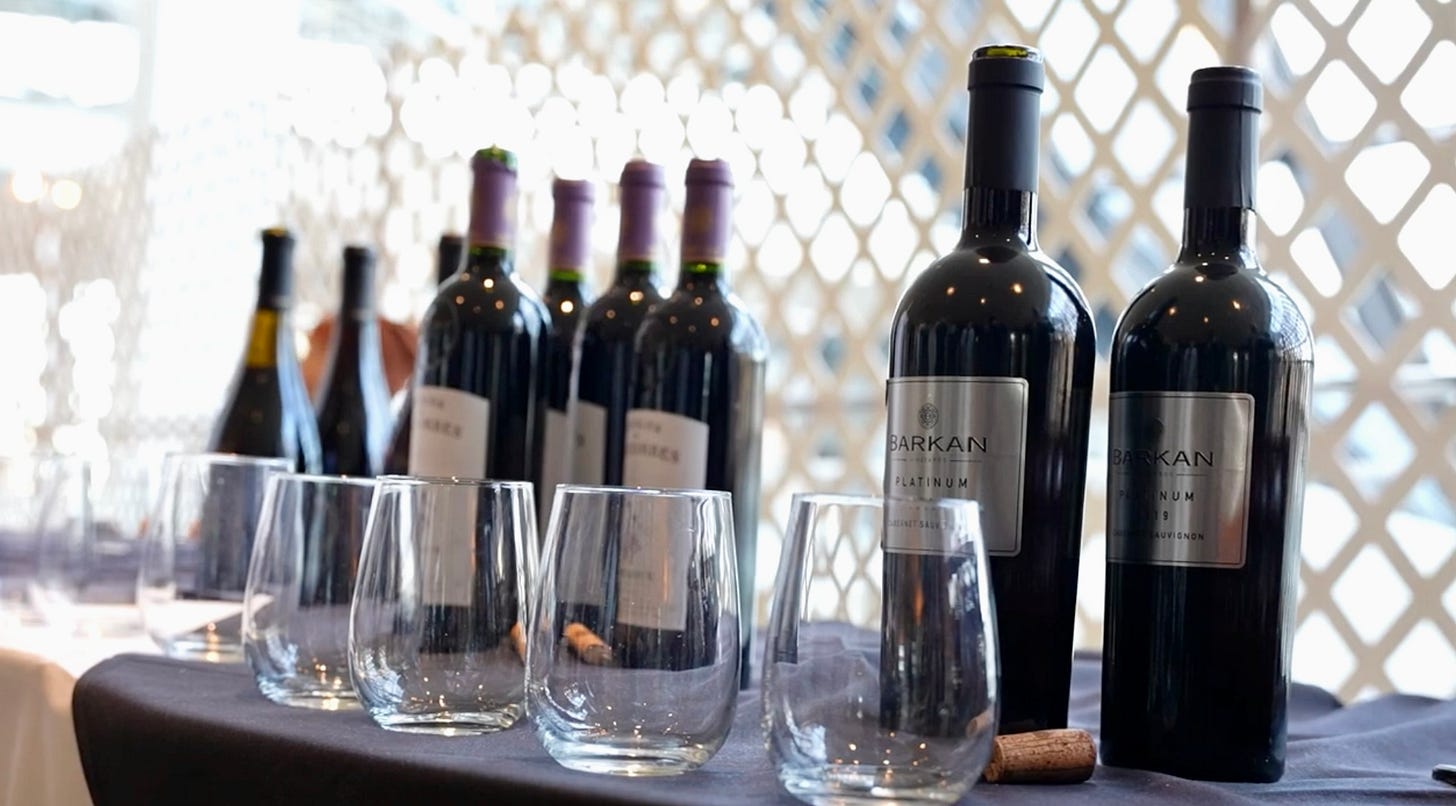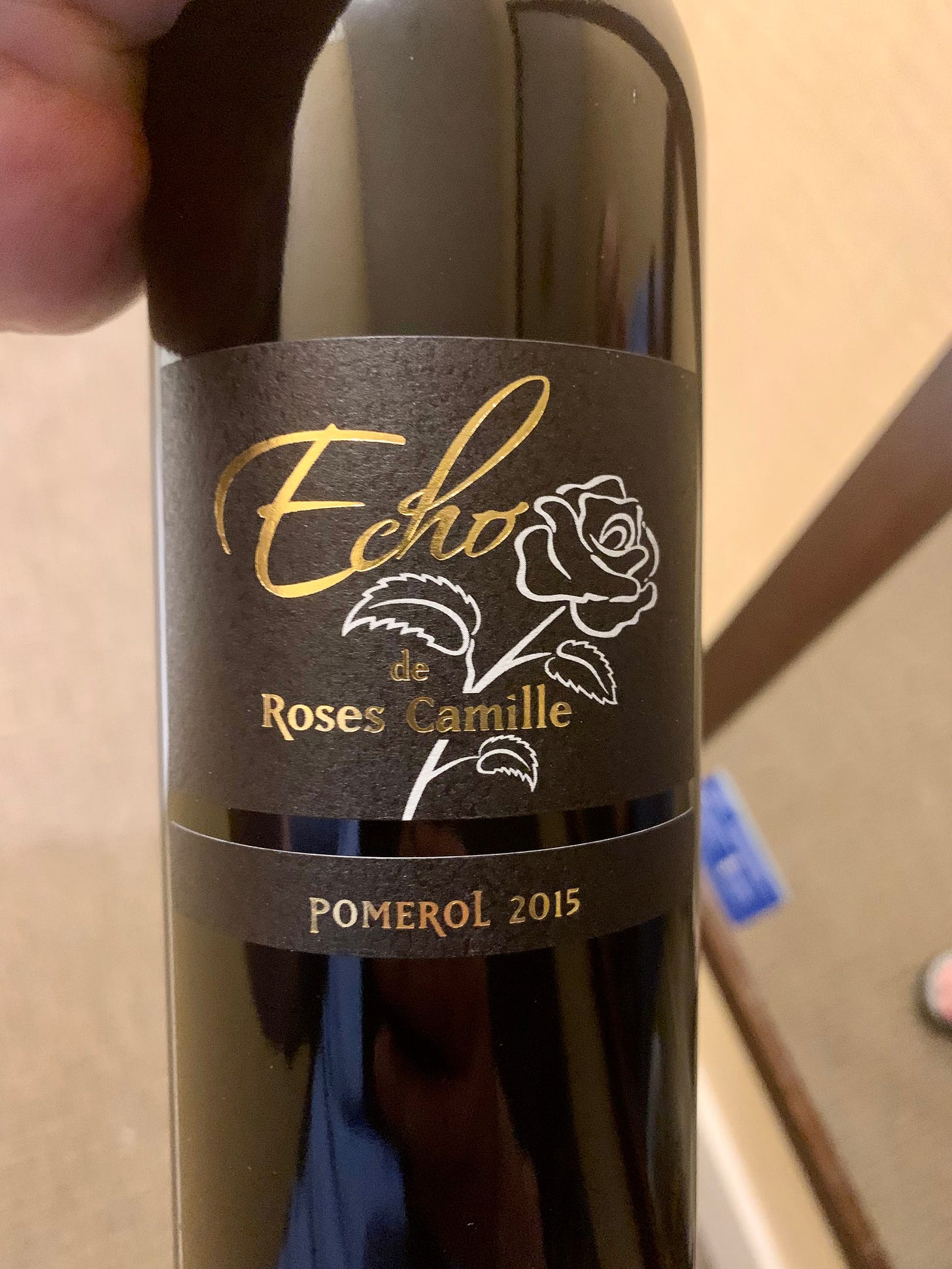My Pesach Program – A Brief Review
This past Pesach (פסח; Passover) saw the seemingly triumphant return of the luxury Jewish vacation package known as the Pesach Program.
For those unfamiliar with this phenomenon, these are fully kosher luxury vacation programs that are focused on the Pesach holiday, operated in full compliance with all the various holiday restrictions. These programs are typically expensive, sometimes incredibly so, but for those with the appropriate budgets, an itch to lighten the burden of Pesach preparations, and the inclination to spend on such luxury, these generally make for wonderful vacations. The COVID-19 pandemic obviously badly hit this cottage industry in 2020 and 2021, but as expected this vacation option has clearly returned.
I’ve been very fortunate to be an invited speaker on such programs since 2014, including programs in Florida, Curaçao (a Dutch Caribbean island), the Dominican Republic, and Connecticut!
OK, so Connecticut is probably a less obvious “destination”, but it involves less schlepping to get there, and such domestic programs are usually geared more towards the more frum (פֿרום; religiously observant) audiences for whom beach resorts are very much not on the agenda. I usually try and shake it up between sunny resorts and the more spiritually focused Pesach programs, also after two years of COVID messing up what would have been my Los Angeles program experience, I was perfectly happy to return to Connecticut. Besides, since I have been dividing my time between London, England and Washington, DC, a program not too far afield sounded pretty good.
I was invited to spend the entire holiday on the Jewish Heritage Center & Greenwald Caterers hosted Pesach 2022 program. It was a big crowd, but our experience was fabulous!
There were an average of 1150 people there throughout the holiday. Being not too far from New York, some folks came just for the first or just the last days of the holiday, rather than all eight days – hence my pointing to an average rather than an exact figure. The program took over the entire hotel.
Besides providing accommodation, multiple minyanim (מניינים; prayer services), entertainment, educational and motivational speakers, children’s programming, and general social programming, the JHC & Greenwald Caterers program also, of course, provided meals. Indeed, there was an abundance of food.
The program provided breakfasts, lunches, dinners, boxed-lunches and grab-and-go snacks for those venturing outside the Hotel grounds during the intermediate days, additional nightly late-evening buffets just because, children’s “early” dinners when dinner would otherwise be particularly late, as well as a courtesy coffee shop, “tearoom,” and seemingly endless opportunities to snack and, if so inclined, stuff one’s face like a glutton. Indeed, some of the meals were so bountiful as to stretch credulity, as well as waistbands. They also provided kosher wine, and a lot of it.
These roughly 1150 guests drank more than 320 cases of wine, or more than 3,840 bottles of wine. Plus, there were plenty of people who brought some of their own wines to the program—including at least one guest who brought his own homemade wine. He was kind enough to share it with me too—a fresh and really enjoyable dry red.
For my part, I gave lectures, conducted wine seminars, and helped the program curate their wine list.
As the program’s 27-page Program Guide magazine-sized informational pamphlet put it:
“Our wine list has been specially curated for us by…Joshua London. Selected to reflect both popular and traditional tastes, the wine list has been carefully selected to try and offer a delicious variety of red and white wines to enhance your meals, refresh your palates, and spread a little extra joy. L’Chaim! Josh is also available to offer additional guidance.”
In practice, this meant suggesting and reviewing with the organizers a wide variety of wines—both table wines and kiddush wines—and then reviewing and discussing the selections as necessary prior to the wines being ordered. Besides making sure folks had plenty of different wine options, as well as traditional favorites, the list was aimed at trying to provide a range of quality choices to cover the many meals, and also my wine tasting seminars.
The wine list included such popular staples as the always reliable Bartenura Moscato d’Asti 2020, Bartenura Malvasia di Casorzo 2021, and—for the sacramental/kiddush wine crowd—Kedem Concord Grape and Rashi Light Red Concord. The list also included such gems as the Hagafen Lake County Riesling 2020 from California, Chateau Gazin Rocquencourt Blanc 2019 from the Pessac-Leognan area of the Graves region of Bordeaux, France, Shiloh Mosaic 2018 from Israel, Herzog Special Reserve Cabernet Sauvignon Lake County 2019 from California, the Herzog Special Reserve Alexander Valley Cabernet Sauvignon 2019 also from California, and the Chevalier de Lascombes 2019 from the Margaux region of Bordeaux, France.
Throughout the program I was on hand to discuss the wines, dispense advice, and give seminars on “Appreciating Wine,” “Wine and Food Pairing,” and “Understanding Kosher Wine.” [I also gave entirely unrelated lectures on political topics based on my other expertise as a Washington lobbyist and professional pro-Israel advocate.]
All the wines provided by the program were also mevushal (מבושל; cooked or boiled) in keeping with long-standing wine-service kashrut guidelines. Namely: For any social function under kosher supervision at which there will be Jews, non-Jews, and non-Sabbath observant Jews, typically the kashrut authority requires that only mevushal kosher wines be served. This is because there is a Talmudic era rabbinic prohibition against using any wine that has been handled by those outside of the community of the faithful—unless they are mevushal wines. [More on this topic very soon in a future post.]
Additionally, I had the opportunity to drink and share with others a few bonus wines, not part of the program, sent by an importer friend. Because these wines were not mevushal, I maintained tight control over them at all times. The two best of these extra wines were the Yaacov Oryah, The Human Touch, Israel, 2019 and the Echo de Roses Camille, Pomerol (Bordeaux, France), 2015. Not only did I and my family greatly enjoy these wines, but so did the various folks I shared them with—including the brilliant, friendly, and entertaining Rabbi Ari Bensoussan.
Here are my tasting notes on these:
Yaacov Oryah The Human Touch, Israel, 2019: This is a tasty if unusual blend of Merlot (24%), Grenache (24%), Syrah (18%), (and 17% each of) Mourvedre and Cinsault; offers distinct Israeli ripeness, but light and fresh enough on the palate to remain tasty and thirst quenching, rather than heavy; with mixed berry fruits, and enough complexity to keep it interesting. Drink now and over the next year or two.
Echo de Roses Camille, Pomerol (Bordeaux, France), 2015: This is fabulous, full, inky, complex, balanced, earthy yet elegant, with lovely rich dark berry fruits; lovely now, but give it time to open if drinking before 2025 or so. Should reward cellaring for roughly another decade after that.
L’Chaim!
About me:
By way of background, I have been drinking, writing, consulting, and speaking professionally about kosher wines and spirits for more than 20 years. For over a dozen years I wrote a weekly column on kosher wines and spirits that appeared in several Jewish publications, and my writing generally has appeared in a wide variety of both Jewish and non-Jewish print and online media. A frequent public speaker, I regularly lead tutored tastings and conduct wine and spirits education and appreciation programs. Those interested in contacting me for articles or events can do so at jlondon75@gmail.com.
In what seems like a lifetime ago, I also wrote an entirely unrelated slice of American history: Victory in Tripoli: How America’s War with the Barbary Pirates Established the U.S. Navy and Shaped a Nation (John Wiley & Sons, 2005).
These days I divide my time between London (UK), and Washington, DC.









